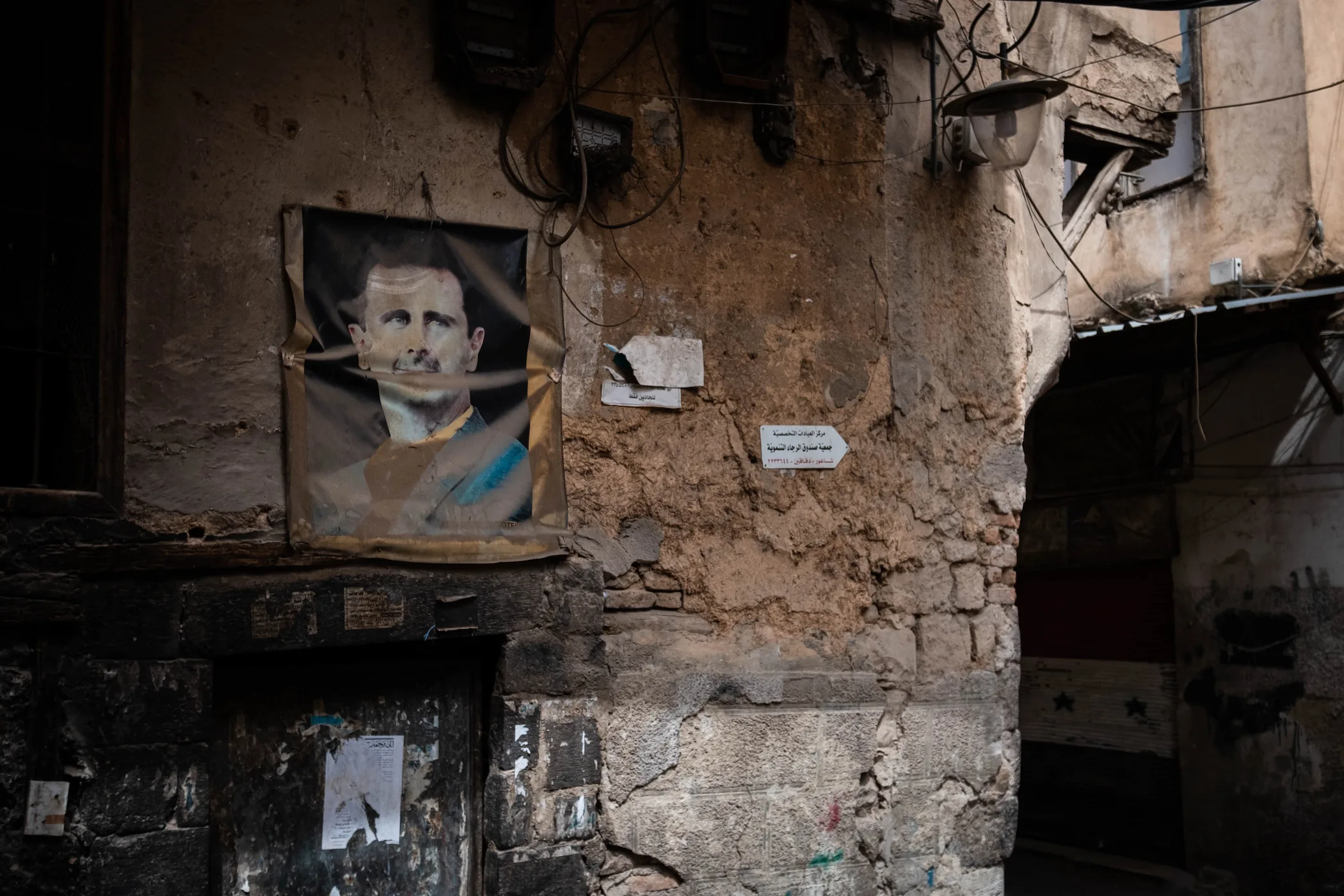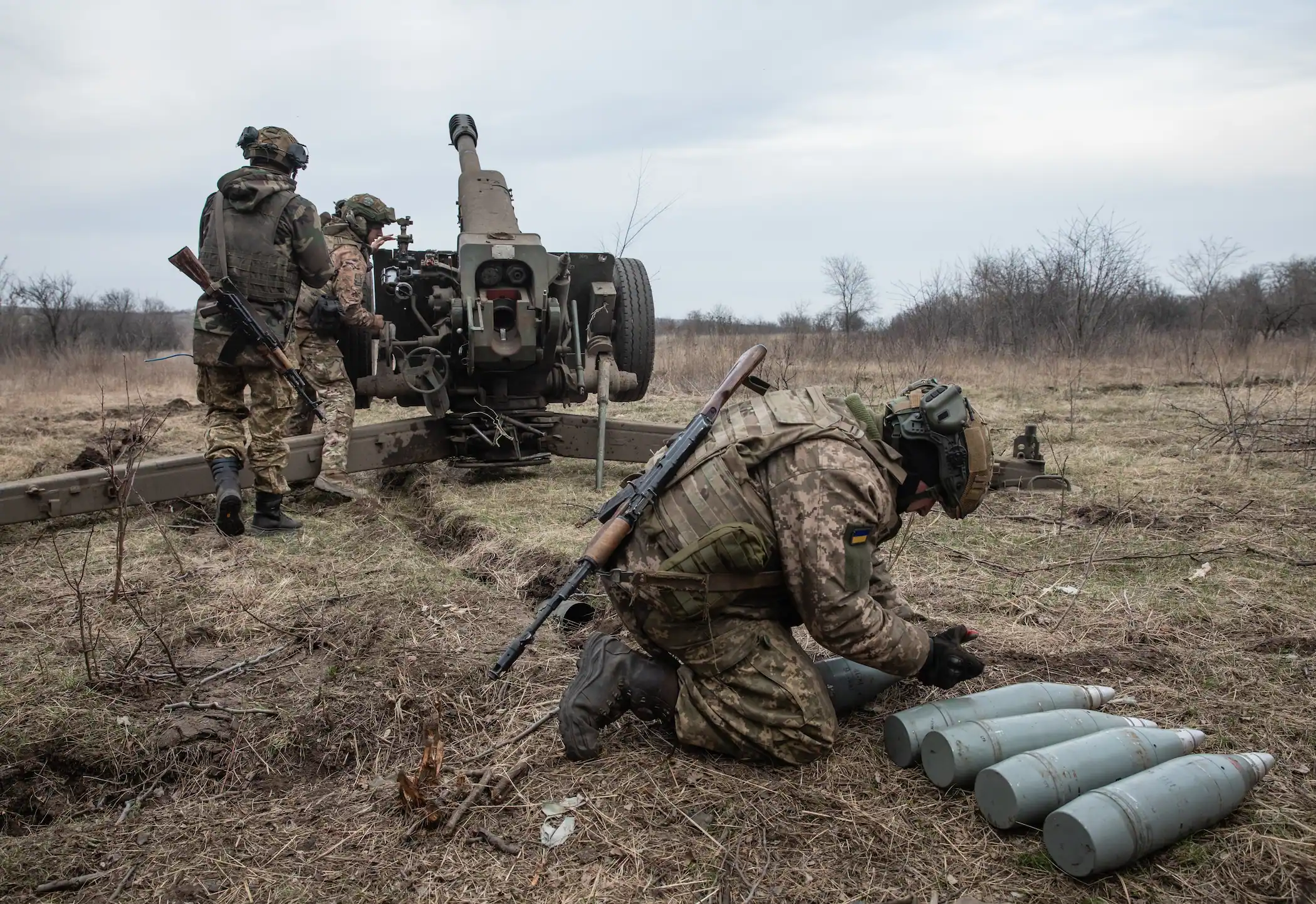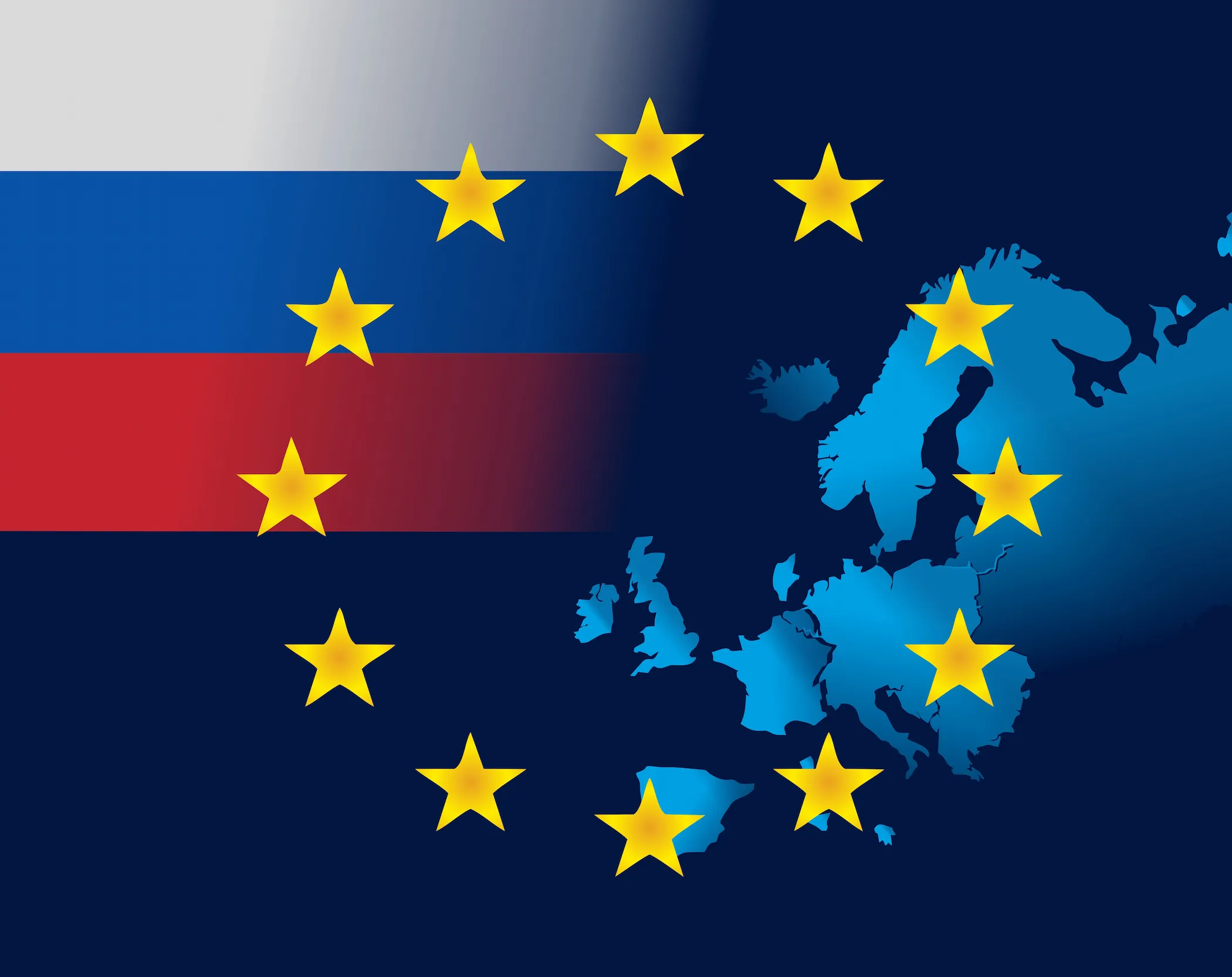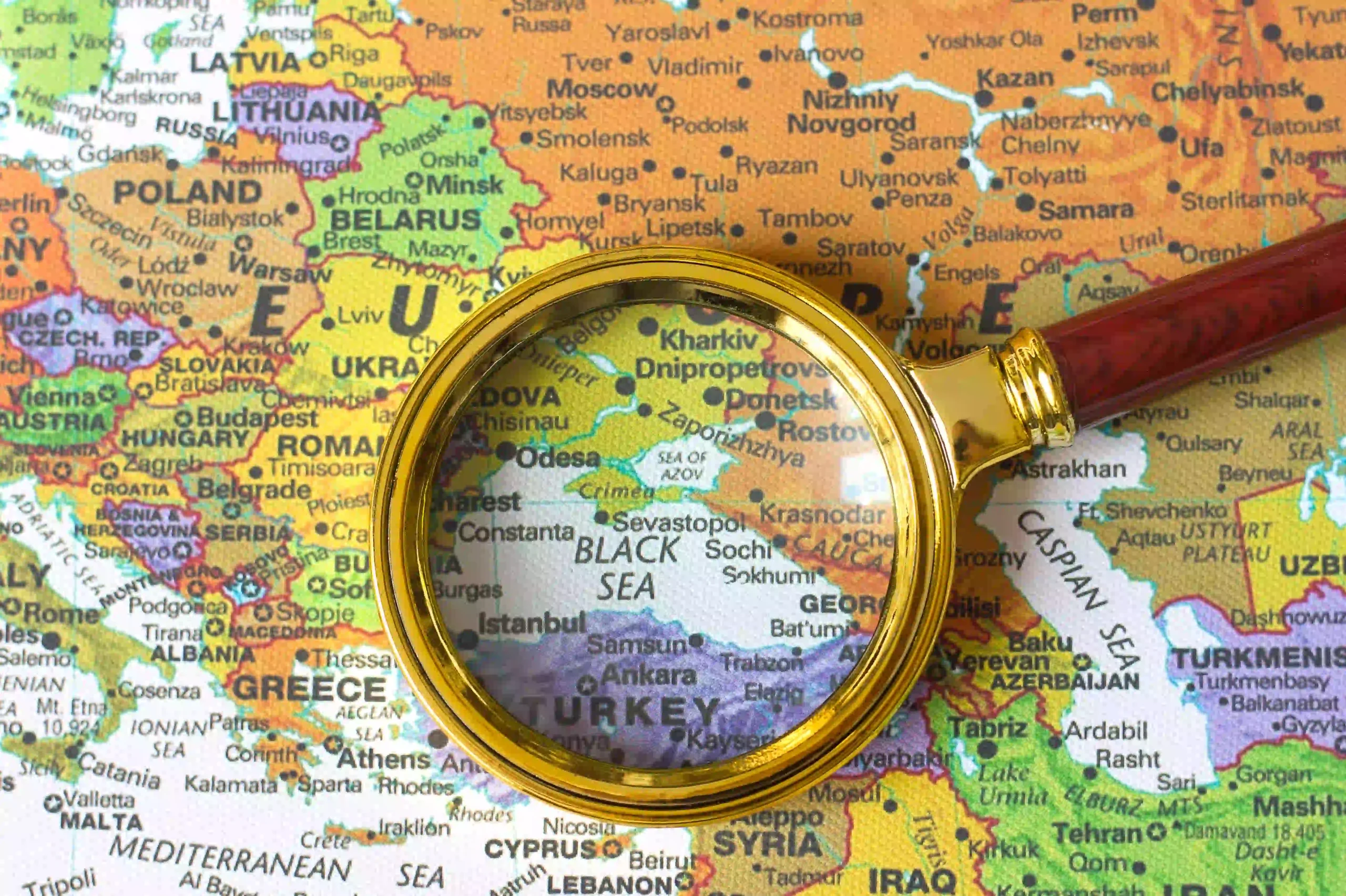25 Feb 2025
How Does Populism Shape National and Global Politics?
Populism has recently risen in different regions, including Europe and the United States, constituting a challenge to local and global politics. While this phenomenon existed in Europe before the Second World War (WII), the rise of the Soviet Union as a principal threat to Europe after WII prompted them to neglect populism’s negatives and emphasise confronting the Soviet challenge. After the collapse of the Soviet Union in 1991, Europe began an institutionalised process of identifying new internal and external threats, attempting to keep its capabilities mobilised for confronting challenges that might suddenly arise. This process led to identifying several internal threats, such as migration, lack of skilled employment, and populism as serious threats. Moreover, European integration began a new phase with the conclusion of the Maastricht agreement in 1992, creating the EU in its current form, which prompted Europeans to identify populism as a threat that might impede European integration.
20 Jan 2025
Is the Russia-Ukraine War Nearing Its End?
President-elect Donald Trump has pledged to bring an end to the Russia-Ukraine war, though he has yet to specify how. A negotiated settlement appears to be the only viable path forward, as a decisive military victory for either side seems unlikely. Western nations, particularly those in Europe, are struggling with internal challenges, leaving them in a weak position with limited leverage at the negotiating table. Meanwhile, Russia also finds itself in an unenviable situation, creating a potential opening for Trump to encourage both parties toward a resolution. However, for any agreement to lead to lasting peace, security guarantees for Ukraine must be a central component. These guarantees are likely to be the key trade-off for any concessions that Europe would likely offer.
23 Dec 2024
The Fall of Al-Assad: Beyond the Defeat of a Regime
More than a decade after the outbreak of the Syrian Civil War, the unexpected fall of the Assad regime shocked many commentators and world leaders who believed that President Bashar Al-Assad had firmly consolidated his power. This development demonstrated that despite enduring years of civil war, Syria continues to hold strategic relevance at both regional and international levels. The conflict has provided an opportunity for regional and global powers to establish a presence in the country, amplifying the impact of the regime's collapse far beyond Syria's borders. Notably, the fallout has produced clear winners, with Turkey and Israel at the forefront, and losers, including Russia and Iran. Meanwhile, some European countries have discreetly benefited from the situation without openly acknowledging their gains.
2 Dec 2024
Remontada?! How Will Syrian Armed Factions Redefine the Regional Landscape
On Wednesday, Nov. 27, 2024, Syrian armed factions launched a coordinated offensive targeting regime-controlled sites and militia positions in the western countryside of Aleppo, northern Syria. This operation marks the most significant joint military action since 2016, involving key groups such as “Hay'at Tahrir Al-Sham” (formerly Jabhat Al-Nusra). In a video statement, the Joint Operations Room declared the initiation of the “Deterrence of Aggression” operation. The announcement emphasised that the offensive was necessitated by recent regime movements threatening civilian areas, framing the operation as a defensive imperative rather than a strategic choice. The statement underscored that this action was in direct retaliation for the Syrian regime's bombardment of north-western regions, signalling a potential escalation in the conflict dynamics of the region.
10 Oct 2024
BRICS BRIDGE: Will Russia Reshape the Global Financial Order?
The world is currently experiencing rapid and significant geopolitical shifts, with rising global powers like the BRICS Group leading the charge to recalibrate the balance of influence within the Global Financial System. The recent expansion of the BRICS Group, now including 10 nations following the accession of Egypt, Saudi Arabia, the United Arab Emirates (UAE), Iran, and Ethiopia, underscores their growing influence. This bloc is unwavering in its determination to challenge the dominance of the U.S. dollar and to overhaul a global financial infrastructure that it sees as deeply flawed. The BRICS nations argue that the current system, with its structural flaws, serves as a tool for exerting political and economic pressure and contributes to the fragmentation of economies and regions by weaponizing trade and financial constraints.
The BRICS+ nations acknowledge that Dollar Dominance is underpinned by entrenched factors, most notably, the U.S. military power and global confidence in the U.S. legal and regulatory frameworks. Nevertheless, these nations are actively exploring alternatives to reduce their reliance on the dollar, aiming to bolster their financial sovereignty.
In pursuit of this goal, BRICS has ramped up efforts to reduce dependence on the dollar by employing innovative mechanisms. Chief among these is the proposal to issue a new, collective currency and establish a multilateral digital settlement and payment platform, dubbed as the “BRICS Bridge.” This platform is poised to foster greater trade integration among member states, particularly as some nations within the bloc, like Russia, face sanctions and exclusion from global systems such as the SWIFT System -The Society for Worldwide Interbank Financial Telecommunication-.
All eyes are now on the upcoming BRICS Summit, set to take place in October in Kazan. The summit is expected to showcase tangible steps toward implementing these initiatives, which could potentially redefine the structure of international trade and finance. The critical question remains: Will Russia and its BRICS allies break the dollar's stranglehold over the global financial order?
29 Aug 2024
The Core Issue: Ammunition Manufacturing and its Effects on the Russia-Ukraine War
The Russia-Ukraine war has now entered its 18th month, with neither side achieving decisive strategic or operational control, bringing the conflict closer to a protracted stalemate rather than a resolution at the negotiation table. This prolonged uncertainty suggests that the war may continue for several more months before either party considers a truce. A similar situation is unfolding in Gaza, where the war is now in its ninth month, making it one of the longest wars in the history of the Arab-Israeli conflict, rivalled only by the wars surrounding the establishment of Israel and the War of Attrition with Egypt. Here, too, there is little indication that a resolution or even a willingness to negotiate a truce is forthcoming from either side. The possibility of a decade marked by extended wars looms on the horizon, especially if a conflict were to break out between China and one of its neighbours, whether in the Taiwan Strait or the South China Sea. This scenario is increasingly plausible given the United States' (U.S.) involvement in regional and international political and economic skirmishes directly targeting Chinese interests.
The current and anticipated wars share two key characteristics, in addition to the fact that they have taken or may take longer to resolve than expected. Firstly, they are occurring or expected to occur in regions of immense strategic importance to the world, such as the Great European Plain—one of the world's most fertile areas and a major grain-producing region—or in the heart of the Middle East, a critical juncture for global trade and energy routes. Secondly, these wars are not merely between individual countries or parties but involve broader alliances. For instance, in the Russia-Ukraine War, North Korea and Iran are indirectly aligned with Russia, while NATO supports Ukraine. Similarly, in the Israel-Hamas War, the U.S., Britain, and France are aligned with Israel, whereas Iran, Hezbollah, the Houthis, and numerous Shiite militias in Iraq and Syria support Hamas.
These two characteristics have imparted the ongoing wars with traits that, to some extent, echo those of the First and Second World Wars, particularly in terms of the intense consumption of ammunition and the resulting high death rates among the warring parties, as well as the extended length of the engagement lines. As a result, both wars have begun to consume vast quantities of ammunition and conventional weapons, especially artillery shells, to the point where the stockpiles of the forces involved have been significantly depleted or are nearing exhaustion. This depletion has made the replenishment of supplies inevitable, transferring the pressure of the battlefield to the production lines in factories. However, these factories have frequently struggled to meet the front lines' demands or replenish stockpiles, leading to a severe shortage of ammunition on all fronts for all parties involved.
This scarcity has transformed the war into a series of industrial battles, where the side with greater industrial capacity gains the upper hand by supplying its forces with more ammunition, thereby securing a tactical advantage. As a result, industry has become a direct and critical component of national security in its most narrow sense. Consequently, this analysis examines the impact of industrial capacity on the Russia-Ukraine war, focusing specifically on the artillery capabilities of both sides.
22 Jul 2024
The Resurgence of Assassination as A Political Tool
Political assassinations have been a constant occurrence in world politics. Assassination as a political tool is, however, not exclusive to states nor state leaders; anyone who has fired a gun against a political figure claims the title of an assassin. Additionally, involvement in politics in any capacity can leave you vulnerable to such acts of retaliation. While gunmen and fanatics still impose a threat, states themselves are considered to be leading the pack. During the Cold War, the business of assassination was largely monopolized by superpowers. The United States and the Soviet Union directed operations targeting high-profile figures such as Cuba’s Fidel Castro, Chile’s Salvador Allende, and Yugoslavia’s Josip Broz Tito. Some "hits" gained more fame than others such as the assassination of dissident Bolshevik leader Leon Trotsky in Mexico City using an ice pick by Stalin’s secret police.
Russia and the United States, once the dominant global poles, continue to hold on to their old love for eliminating those they deem adversaries. The Kremlin has a long tradition, stretching back a century, of eliminating political dissidents both at home and abroad to send chilling messages to other opponents. In February 2024, a Russian pilot who had defected to Ukraine was assassinated in Spain. He was shot six times and then run over by a car, with Russian-made bullet casings left at the scene—a crude warning to others. Recently, U.S. intelligence uncovered a Russian plot to assassinate the chief executive of a powerful German arms manufacturer producing artillery shells and military vehicles for Ukraine. The United States has also continued its practice of carrying out high-profile assassinations with its most recent target being Qassem Soleimani, who was killed in Baghdad in a strike that showed little regard for international law.
States vary in their levels of expertise in assassination, with Israel often considered the maestro of this practice. Assassination has been a foundational principle of the Israeli state. Since its establishment in 1948, Israel has targeted Nazi leaders, Palestinians, Arabs, and scientists serving its enemies, such as German scientists working on the then Egyptian President Gamal Abdel Nasser’s advanced weapons program. Currently, the pool of targets has expanded, with Iranians becoming significant targets of Israeli operations. One of the latest operations against Iranians involved the assassination of Hassan Sayyad Khodaei. Known only to intelligence personnel as a key figure at the tactical level in the Quds Force, Khodaei's primary focus was on attempting (mostly unsuccessfully) to attack Jewish and Israeli targets abroad.
Nevertheless, the pool of nations engaged in assassination attempts appears to be expanding with new entrants. A notable incident occurred in Canada last June, where Sikh separatist Hardeep Singh Nijjar was shot 34 times. Additionally, in January of the same year, British Sikhs were warned by police about increased risks to their lives. This incident marks India’s grand entrance into the stage of those countries using assassination as a tool for advancing both international and domestic agendas. It highlights how political assassinations have resurfaced as a widespread tactic, no longer monopolized by a handful of states.
21 Jul 2024
The Power of the Word: How the UAE Redefined International Mediation?
The 21st century has witnessed a resurgence of mediation as a pivotal tool for resolving international disputes. This resurgence is driven by the complexities of contemporary conflicts and the expansion of threats beyond traditional regional conflicts, civil wars, and political crises. The scope of security threats now includes issues such as climate change, cybersecurity, and transnational organised crime.
Several countries have played significant roles in mediation, leveraging their diplomatic acumen, political influence, and economic resources to facilitate dialogue and prevent escalation. Norway has consistently demonstrated its commitment to peacebuilding through active participation in resolving conflicts among the most prominent mediators. From Sri Lanka to Colombia and the facilitation of the Oslo Accords, Norway has embodied its ability to promote dialogue between seemingly irreconcilable adversaries.
Known for its multilateral approach and emphasis on consensus building, Finland initiated the Group of Friends of Mediation in September 2010, significantly contributing to peace processes in the Horn of Africa. Similarly, Switzerland, with its long-standing tradition of neutrality, has provided a safe and neutral venue for countless peace talks and negotiations, fostering an environment conducive to compromise and resolution.
Amid the resurgence of mediation in international diplomacy, the last decade has witnessed the emergence of non-Western actors in this field. At the forefront is the United Arab Emirates (UAE), which has become an essential player in the Middle East and beyond. Since its founding, the UAE has combined traditional Arab values with modern diplomatic practices to address the cultural complexities of regional conflicts, adopting a policy of promoting peace, security, and stability both regionally and globally.
The UAE’s commitment to mediation is evident in its numerous initiatives aimed at calming conflicts and crises, including active mediation in the ongoing conflict in Yemen, facilitating dialogue and humanitarian aid, playing a crucial role in reconciliation efforts between India and Pakistan; its pivotal role in the historic 2018 peace agreement between Ethiopia and Eritrea, marking a significant achievement in regional stability; facilitating prisoner exchanges between Russia and Ukraine, showcasing the UAE's diplomatic reach; mediation efforts between Russia and the United States (U.S.), further highlighting the UAE's influence; and hosting the COP28 Climate Conference in Dubai, underscoring the UAE's active participation in global diplomacy.
However, the path to mediation is fraught with challenges. The inherent complexities of many regional conflicts, the conflicting interests of the parties involved, and the need to balance mediation efforts with national interests can hinder the achievement of sustainable solutions. Additionally, maintaining neutrality in polarised situations, limited influence over non-state actors, and potential capacity constraints are challenges that the UAE must overcome to ensure the continued success of its mediation efforts. Hence, the UAE’s role as a rising international mediator, focusing on the factors that enabled its rise, its mediation strategies, and the impact of its efforts on regional and global conflicts will be examined.
16 May 2024
Why the EU Elections Matter
The stakes are high for the EU elections which are set to take place on June 6. Since the last elections in 2019, the bloc has faced a significant number of complex challenges with the COVID-19 Pandemic and ongoing Russia-Ukraine War shocking the bloc’s economy and energy security, bringing to surface critical questions about common foreign and defence policy and triggering a crisis of misinformation, potential foreign extortion, and anti-EU sentiment to name a few. While the 2024 elections are expected by many to be a difficult test for European solidarity and resilience, they also have implications that reach beyond the bloc.
8 May 2024
Has Moscow’s Control Over Europe Become Uncontrollable?
It appears that Russian influence has been steadily spreading across Europe, stretching from the eastern regions of the continent to its central and western borders. Moscow's reach isn't confined solely to nations within its sphere of influence; it also affects broader European foreign policy and the trajectory of the bloc's future.
10 Mar 2024
Macron’s War Rhetoric and his Desperate Quest for Prestige
“Nothing should be ruled out” said French President Emmanuel Macron when asked about possibilities of sending troops to Ukraine. By speaking about going to war, Macron may have aimed to dispel a long-standing joke about the French always surrendering. However, both French and NATO leaders have publicly rejected the idea of sending European or alliance troops to Ukraine. Prominent figures such as U.S. President Joseph Biden, German Chancellor Olaf Scholz, Polish Prime Minister Donald Tusk, NATO Secretary-General Jens Stoltenberg, and others have asserted that such action is not on the table. The widespread domestic and regional opposition implies that even if Macron was genuinely considering sending troops to Ukraine, he would not receive the necessary support for such a radical decision.
22 Feb 2024
Turkey: Reaping the Rewards of a Turbulent Black Sea
Since the 16th century, the Black Sea has always been a lake of tensions. Contrary to the Wars of The Holy League, in which the Ottoman Empire witnessed its first territorial loss, the contemporary situation signals Turkish gains in the region. The ongoing war in Ukraine has revived the Montreux Convention which gives Ankara the higher hand in the Black Sea and led other NATO members to appreciate the indispensable Turkish role. Recently, developments in the Black Sea ranging from decaying Russian power to Western apprehension are offering Ankara some Turkish delights.











